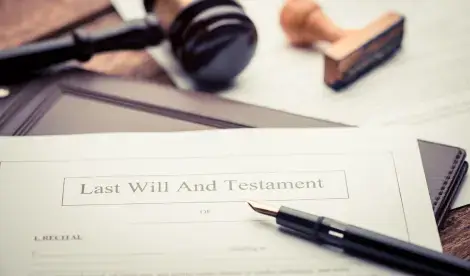Daniel Grainge LLB (Hons) FCA CTA
- Partner and Head of Tax
- +44 (0)330 124 1399
- Email Daniel
Suggested:Result oneResult 2Result 3
Sorry, there are no results for this search.
Sorry, there are no results for this search.
View all peoplePublished by Daniel Grainge on 15 March 2023
Share this article
The AA limit currently stands at £40,000 but from 6 April 2023 it will increase to £60,000, which as the Chancellor pointed out in his speech today, is a generous 50% increase. It should be noted that the limit covers both employer and employee contributions.
The income level for tapering will rise to £260,000 (currently £240,000) and for every £2 of income exceeding that limit, £1 of AA is withdrawn, down to a minimum allowance of £10,000 (currently £4,000), which applies where an individual has adjusted income of £360,000 or more.
Alongside the increase in the regular AA, the ‘Money Purchase Annual Allowance (MPAA)’ will also increase from £4,000 to £10,000. This limit applies where an individual has already flexibly accessed their pensions.
With the number of job vacancies currently estimated at 1.1 million, the Government wants to encourage more individuals, particularly those over the age of 50, back to work. The ability for increased contributions to be made to pension funds without incurring a tax charge may be a significant factor in individuals deciding to return to work following early retirement and perhaps persuade others to defer retirement.
David is an employee. In the 2023/24 tax year employment income is £290,000.
He contributed £40,000 (gross) to his pension fund through salary sacrifice and his employer contributed a further £19,000 on his behalf. Although this is within the new £60,000 limit, his income exceeds the £260,000 adjusted income limit for tapering.
The amount exceeding the tapering limit is £30,000 so the reduction to his annual allowance is £15,000, resulting in an adjusted annual allowance of £45,000.
David is subject to an annual allowance charge on the total contributions in excess of the adjusted annual allowance, meaning £14,000 is taxed at 45%, giving a tax charge of £6,300.
These changes, combined with the removal of the pension lifetime allowance present significant planning opportunities both for individuals and businesses.
If the Budget has raised any questions for you, book your place on our Budget question time webinar this Friday, 17 March at 9:30am.
Alternatively, if you would like further information, please get in touch with our team.
Share this article
This site is protected by reCAPTCHA and the Google Privacy Policy and Terms of Service apply.
Related people
This site is protected by reCAPTCHA and the Google Privacy Policy and Terms of Service apply.
This site is protected by reCAPTCHA and the Google Privacy Policy and Terms of Service apply.
Our complimentary newsletters and event invitations are designed to provide you with regular updates, insight and guidance.
You can unsubscribe from our email communications at any time by emailing [email protected] or by clicking the 'unsubscribe' link found on all our email newsletters and event invitations.
This site is protected by reCAPTCHA and the Google Privacy Policy and Terms of Service apply.






